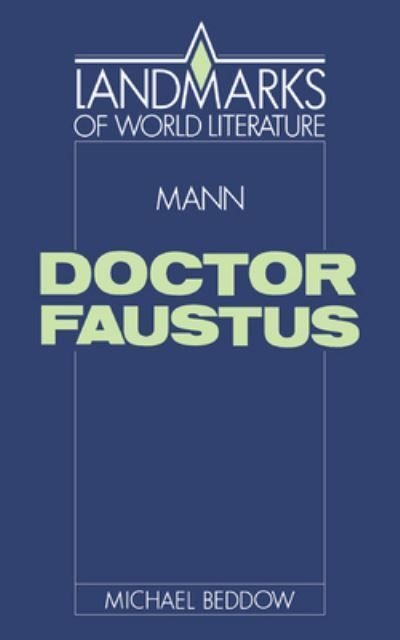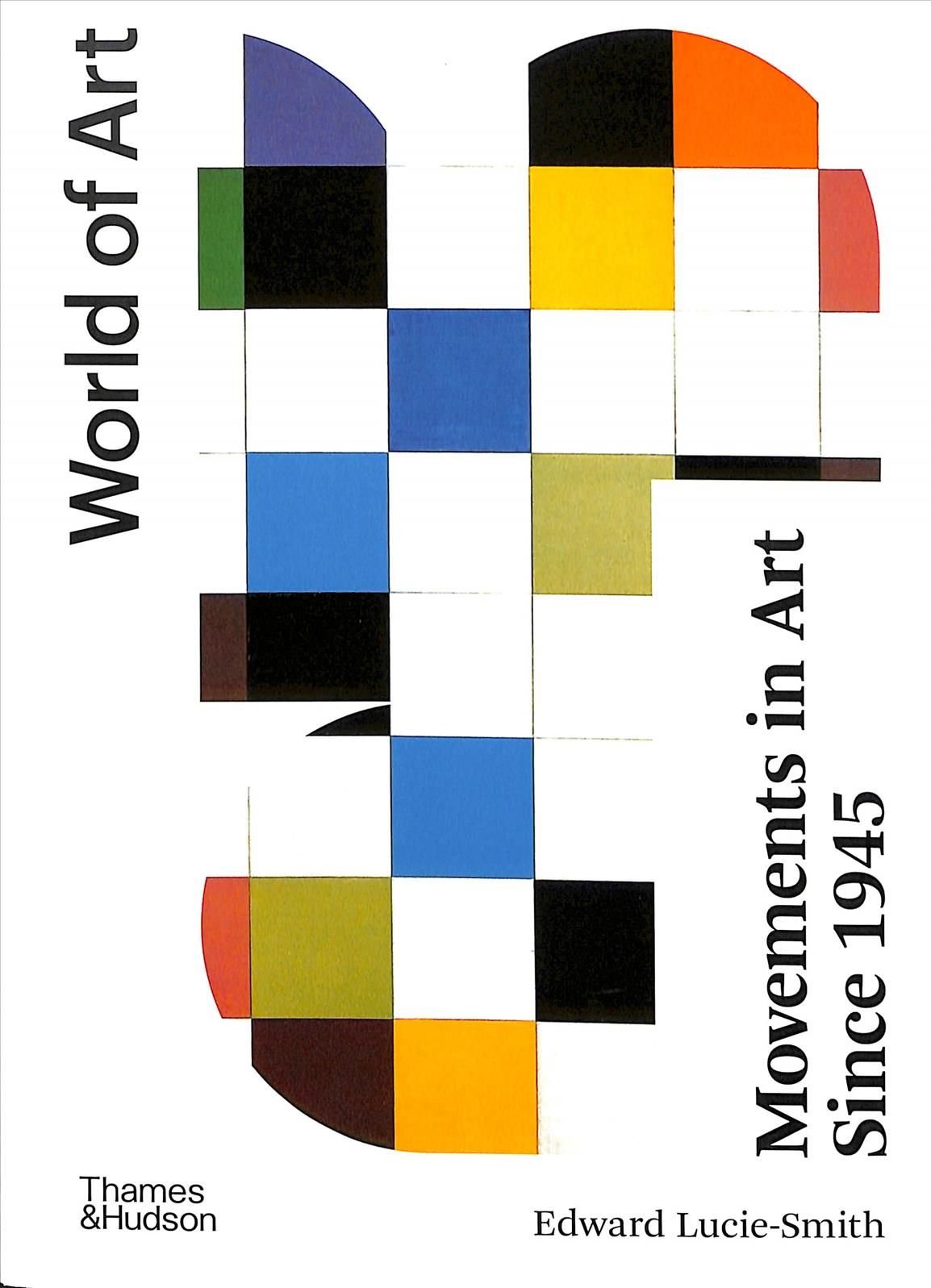In Doktor Faustus, his last major novel, Thomas Mann attempted to interpret and judge Germany’s role in European culture and history since the Reformation. In this study, Michael Beddow analyzes the chief historical, theological, psychological and musical themes of this complex work, and considers Mann’s indebtedness to the Faust tradition, Nietzsche, and neo-Marxism. He concludes with an account of the novel’s generally hostile reception in defeated Germany. The book also includes a chronological table and a guide to further reading.












